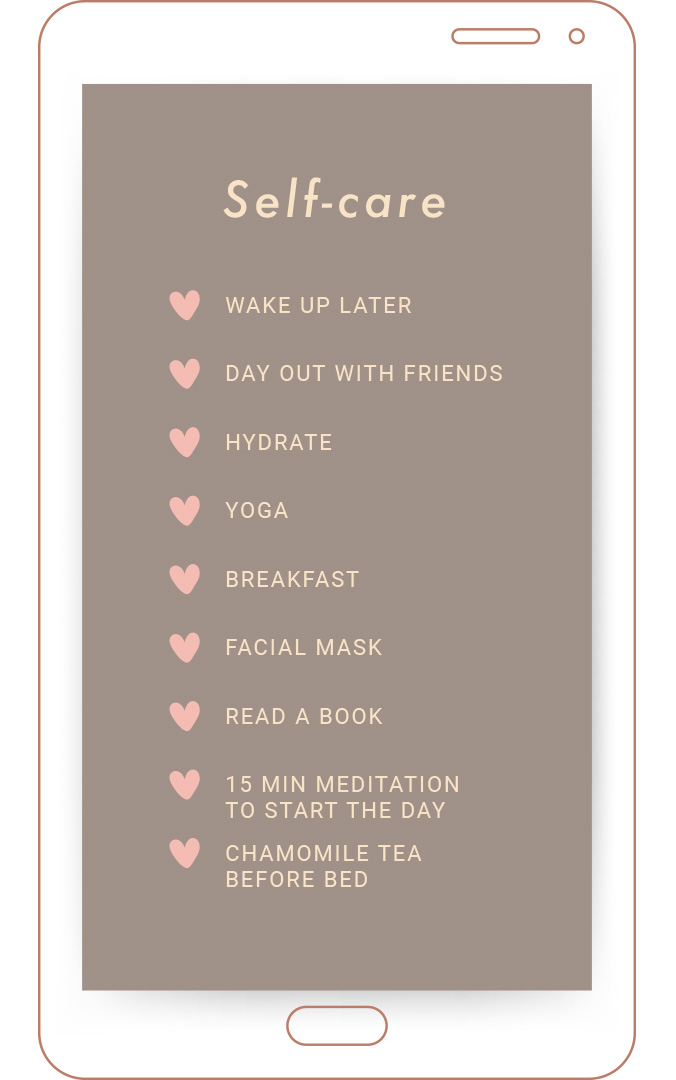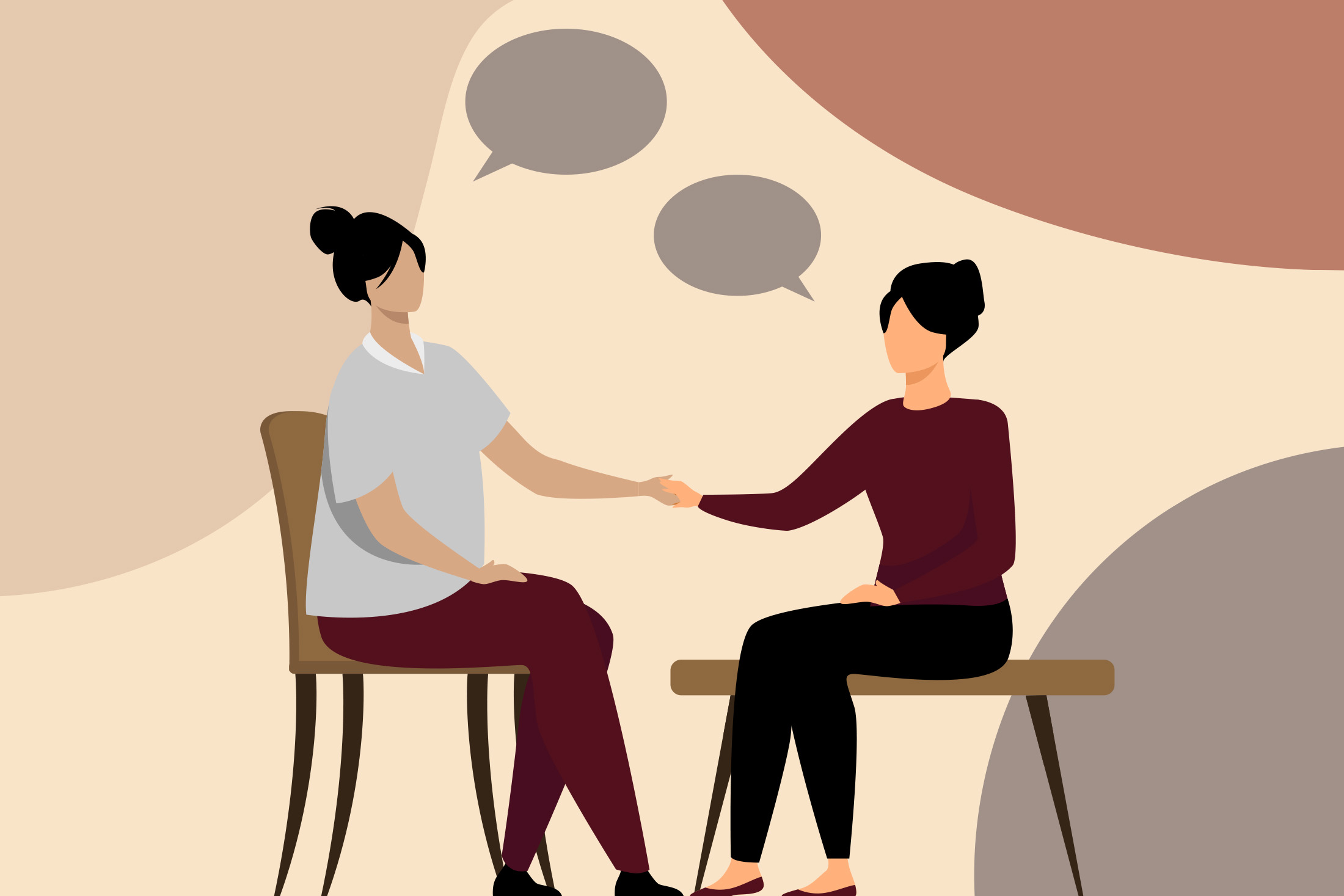From one woman to another, an open letter from Bernice Lim, principal psychologist at Asia Psychology Centre.
To the mother who makes time for everyone but yourself;
The wife who does your best but feels unappreciated;
The daughter struggling to support your aging parents;
The sister with siblings who need you so much you can hardly breathe;
The mentor with people to lead but no one to guide you;
The friend who gives and gives, with nothing left for yourself;
The multi-hyphenate who keeps going, not knowing when you can stop;
I hear you.
And it’s okay –
It is okay to be exhausted, to wish you could stop caring, and to feel that your cup is empty.
This is what burnout feels like.
Sometimes, it may feel impossible to get through the day. You can’t seem to focus. Your fuse is short. Your to-do list is long. That social gathering happening on Saturday? You’d rather skip it. It would be the umpteenth time you’ve done it anyway.
You don’t sleep well. You’re eating too much (or too little). Your head hurts; your stomach churns. You feel terrible.
Listen to your body. Something needs to change.

Burnout may not be recognised as a medical condition, but it has real life consequences. Burnout results from chronic stress – stress that you face not just at work but also at home. For many working people with dependents, caregiver burnout is as real as workplace burnout.
This stress may not go away quickly or completely, but there are things you can do for yourself and your health, starting now.
Learn to Stop
Let’s begin with boundaries.
Enforcing boundaries means not doing or giving or producing any more than what you’ve stated. So, if you say you need to go at 6pm, leave at 6pm. Be done for the day. If you say you need to have a girl’s night out once a month, schedule one and make it happen, no matter what comes up.
 Treat your own self-care time – be it time with kids, reading a book, going for yoga – just as sacredly as you would an urgent and important work project.
Treat your own self-care time – be it time with kids, reading a book, going for yoga – just as sacredly as you would an urgent and important work project.
It will be difficult at first, but you have to start somewhere. Go slow. If you cannot stop work by 6pm, then stop at 9pm – for a start. Boundary setting tends to get incrementally harder, so it helps to start with achievable goals.
During this process, it is okay to check out. It is okay to feel guilty. Guilt is not an indicator of whether you are fulfilling your role adequately. To establish clear boundaries is to be able to deal with the guilt or anxiety that comes with enforcing them.
There will always be others who take more than they should. Some will continue to make demands of you, despite you saying that you are tired or overworked (shame on them, not you). Sounding the alarm is not enough. Continue asserting and enforcing your boundaries, even if they ignore you or push back.
Care for Yourself
 Next, give back to yourself.
Next, give back to yourself.
Make time for yourself, every day. If you’re not sure which activities count, the deciding question could be: Do you feel replenished or not? Don’t conflate self-care strategies with chores and things you need to do.
Be honest with yourself. Does spending time with your kids really replenish you? Or is it something your guilt demands of you?
This can be helpful: Jot down the different roles you play in your life in columns – mom, daughter, wife, etc. Next, list the tasks/responsibilities you need to do to fulfil each role (include at least 3 to 4 main ones). Then, add a new column, dedicated solely to yourself. What tasks/responsibilities would fall under taking care of yourself?
If you aren’t sure what goes into your “self list”, that says a lot. Perhaps you’ve neglected yourself so often that you’ve forgotten your own needs. After figuring out what you need to replenish yourself, plan out how to fulfil them – conscientiously. When can you take time off for a spa session, a long run, or to shop alone?
Seek and Provide Support
Don’t be afraid to ask for help.
Speak to a trusted colleague to gain perspectives on how you might be able to decrease job stressors. It seems scary, but speak to your line manager about your workload and the difficulties of sustaining a furious pace (you’ll break down anyway at this rate!).

Seek help from family members who might be able to relieve you of some burden of care-giving, even if just for the time being. Discuss with your partner how to tweak your schedule so that you can have some me-time every 2 weeks. Are there other childcare resources that you might be able to tap on (by investing a little more money) just to give you some extra space to rest?
Finally, have compassion for the women in your life, and check in on one another. Apart from the occasional text, initiate meals with that friend whom you know is swamped at work and hasn’t found time for herself. Have a girl’s night out in fancy heels with that friend who is exhausted from caring for her baby and hasn’t had a chance to doll up. Self-care doesn’t mean you must go solo.
Prevention IS Better than Cure
Remember, listen to your body. Don’t wait till you’ve “lost it”; don’t suffer in silence. Burnout can have irreversible negative effects on your health, relationships, and even your long-term career trajectory. Early detection makes a difference.
And to anyone who felt left out from this letter, I’m sorry – it was not my intention to alienate. Please reach out to someone for help if you, too, feel burnout and trapped in your unique circumstances.
Burnout: The facts
Here, Bernice Lim, principal psychologist at Asia Psychology Centre, shares key facts about burnout.
What is burnout?
According to the WHO’s international classification of diseases, burnout is “a syndrome conceptualised as resulting from chronic workplace stress that has not been successfully managed.” Do note that burnout is not something that is only caused by stresses at work. It can also be attributed to stress from caregiving duties at home.
What are the symptoms of burnout?
People with burnout usually feel drained, emotionally exhausted, unable to concentrate, and very lethargic. This can be accompanied by physical symptoms, such as stomach discomfort, tension headaches, hypersomnia (need for more sleep than usual), insomnia (difficulty falling or staying asleep), and appetite changes (eating more or less). One may also experience a perpetual low mood that doesn’t lift – which can also indicate the start of depressive symptoms.
Individuals with burnout find it increasingly difficult to complete their daily tasks, whether at work or home. They might have an increased cynicism about work that then depletes their motivation. Many may also develop a dread for work, which can develop into excessive procrastination (even a sense of “paralysis”).
Other telling symptoms of burnout are related to symptoms of depression. People who have burnout find their roles and responsibilities increasingly overwhelming and frustrating, and develop a very negative association with them. They may increasingly distance themselves emotionally from both work and family. It is usually not a dramatic change in behaviour, but a gradual withdrawal from usual activities in daily life.
Note that burnout and depression are not the same, so it is critical to see a mental health professional for an accurate diagnosis.
How might the burnout experience vary from person to person?
While there are universal symptoms, everyone is wired differently and thus reacts very differently. You don’t have to check all the boxes for symptoms to be considered as someone having burnout.
Burnout is not formally recognised as a medical disorder. It is more of a description of a phenomenon. However, this does not mean it is not real or that it does not have real life consequences. Also, just because you don’t see a symptom in someone does not mean they are not suffering. Many of us have gotten very good at masking symptoms.
When should one seek help?
Often, clients come to me only when signs of burnout are undeniable and have already had some negative impact. I’ve had a client come to me only after she burst out crying in a boardroom meeting, seemingly without a trigger. After speaking, we realised that the symptoms had started months before – she already had crying spells and had felt perpetually exhausted. Early detection is important to shorten the negative effects of burnout. See a mental health professional for help once you detect the first signs of burnout.
This feature article is produced in consultation with Bernice Lim, principal psychologist at Asia Psychology Centre. Artwork by Curatedition, all rights reserved.
All content featured in Curatedition Health and Wellness articles is for informational purposes only and not intended to be a substitute for personalised professional medical advice, diagnosis, or treatment. If you think you have a medical emergency, call your doctor, qualified health service provider, or 995 immediately.
Related links:
DocTalk: Get the Smile You Want
DocTalk: Kick Cancer in the Gut
DocTalk: How Too Much Screen Time and Blue Light Affect Your Eyes
DocTalk: 6 Signs You May Have a Sleep Problem
DocTalk: Know What You Want in Life? Here’s How to Get It
Stay Home, Stay Well, Stay Sane
Face Masks: Where to Get Your New Wardrobe Staple in Singapore
Sleeping Beauty: Which Comes First, Sleep or Beauty?

